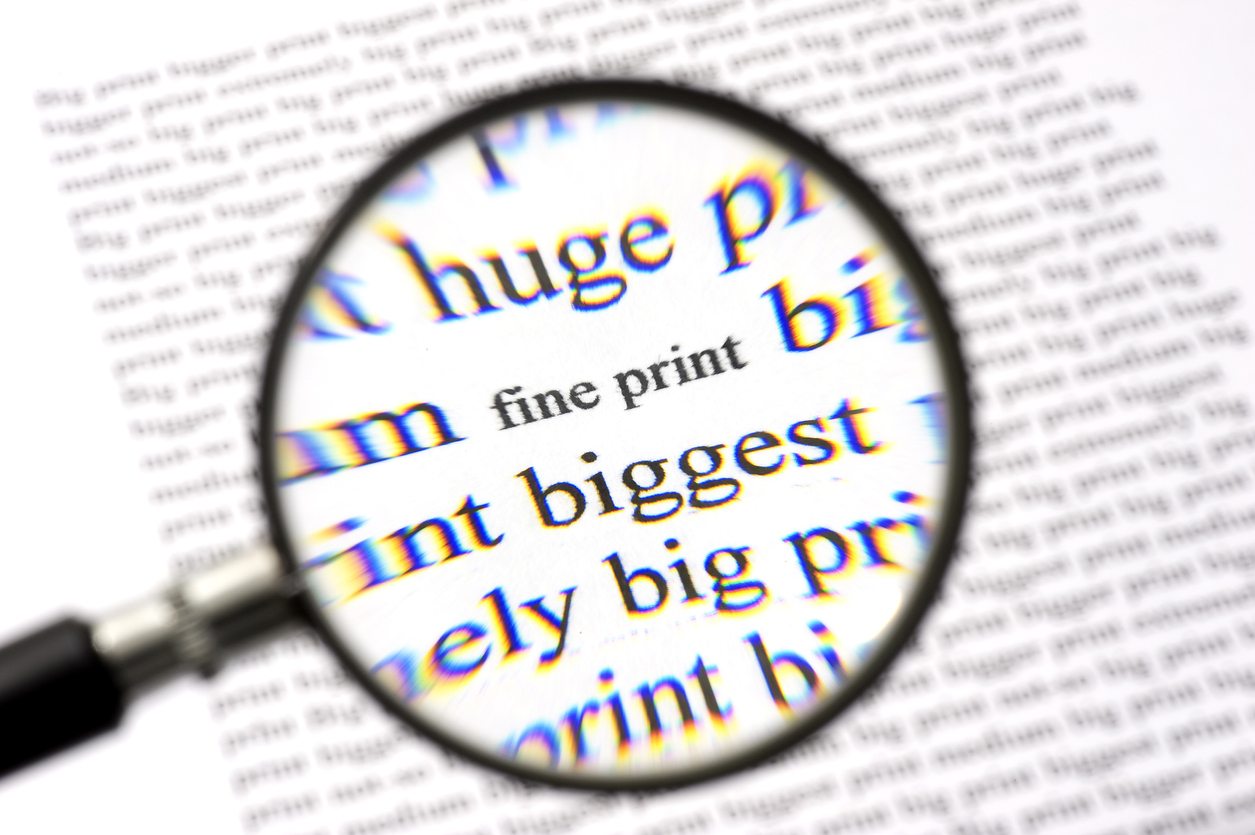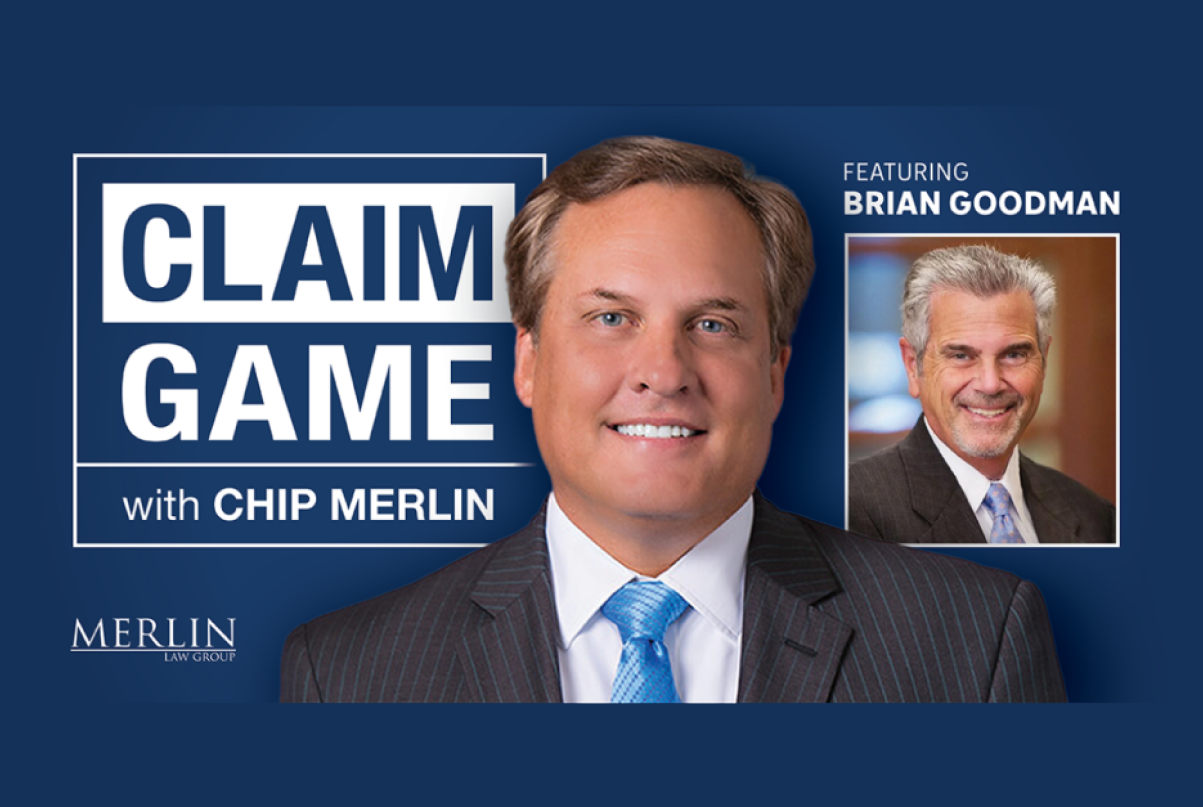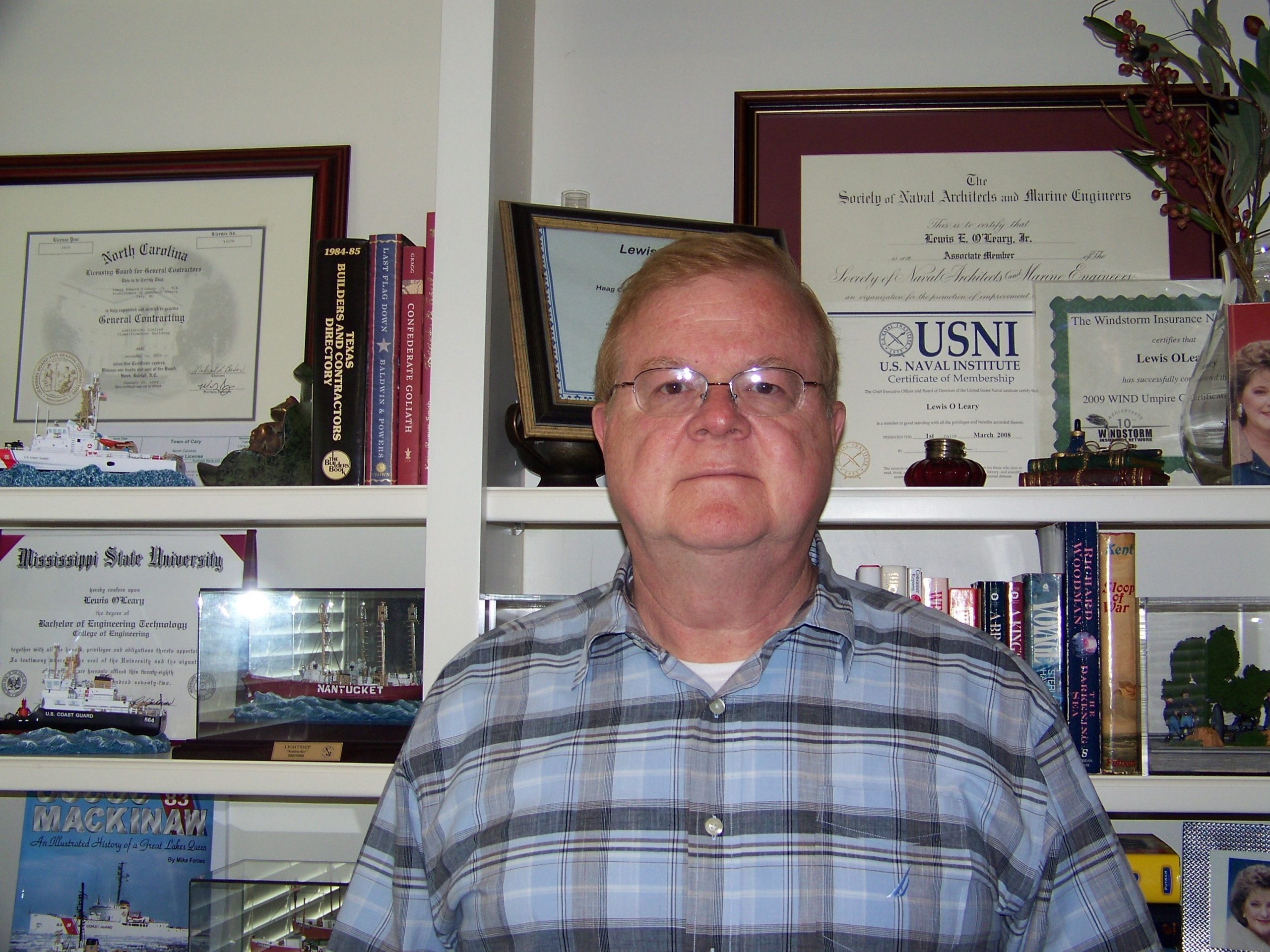The qualifications of pilots and captains under aircraft and marine policies are important. Aircraft policies and more significant marine policies have criteria that pilots and captains must meet for the policy to be fully in force at the time of an incident. For those of us who are not owner-operators, it is important to make certain that your paid crew are up to date with their licenses and that their credentials meet the policy requirements.
One broker of aviation insurance, Avion Insurance, lists on its website the most common reasons for aircraft claims to be denied:
What are the most common reasons for Aircraft Claims to be denied?
1. Unapproved pilot flying the aircraft. The pilot operating the aircraft at the time of the claim was not an approved pilot on the policy. Most aircraft owners assume, for example, that an airline pilot or CFI is approved to fly their aircraft under the Open Pilot Warranty because they have thousands of hours, however, most Open Pilot Warranties have a 10 or 25-Hour in the Make & Model requirement that many pilots do not meet.
2. Mechanical Breakdown. (aka Wear & Tear) is excluded under all Property insurance policies, however, any subsequent loss that might occur would be covered. For example, if a tire failed on landing which resulted in the aircraft going off of the runway, the tire would not be covered but the subsequent aircraft damage would be.
3. Territory. The approved territory for each aircraft insurance policy differs. How sure are you that your next weekend trip to the Bahamas or Jamaica is covered as an Approved Territory on your policy?
4. Misrepresentation. If aircraft coverage is written based on the pilot having an Instrument Rating or a current BFR and Medical and after an otherwise covered claim, it is discovered that the pilot did not, in fact, have an IFR or current BFR or Medical certificate, then coverage will be denied. Also a common mistake we are seeing lately is the failure of all pilots to successfully complete required Annual Recurrent Training specific to the insured aircraft.
5. Unapproved Aircraft Usage. Each insurance policy’s definition of Pleasure & Business differs. Have you ever received financial reimbursement from a friend for using your aircraft? Did they reimburse you for Direct Operating Expenses or another amount? If you received more than your policy allows under the Pleasure & Business definition, you might have voided your coverage. Also, did you know that only NAMED Pilots on your policy can receive Dual Flight Instruction in your aircraft? In many policies, pilots flying under the Open Pilot Warranty are prohibited from receiving Dual Flight Instruction, as it is construed as a ‘Flight School’ usage.
The first reason listed was “unapproved pilot.” A fairly recent example of this was a federal court case involving the failure of a pilot to have the correct credentials.1 The aircraft policy contained this special condition:
SPECIAL CONDITION(S): Prior to solo in N1ZR, Timothy Neubert must have obtained a multiengine rating and an instrument rating for multiengine aircraft, and must successfully complete formal ground and flight training for a Cessna T337GP at a school acceptable to the Company, and must have completed 10 hours of dual instruction in a Cessna T337GP with a Certificated Flight Instructor who meets all the requirements of the Additional Pilot Clause. Up to 5 hours of the required dual instruction may be accomplished in a full motion simulator.
The facts were recited as follows:
This action arises out of an off-field emergency landing of a NIZR 1977 Cessna T337GP (‘the Aircraft’) while Timothy W. Neubert, the President of Neubert Aero Corporation (the plaintiff), was conducting a flight from the Memphis International Airport to the Brooksville-Tampa Bay Regional Airport on November 8, 2018 (‘the Incident’). Mr. Neubert was the only occupant and pilot of the Aircraft at the time of the Incident. Neubert’s pilot certificate is for ‘airplane single engine land, instrument airplane‘ and the Aircraft is a multiengine airplane. Just over two months prior to the Incident, Neubert received an endorsement in his pilot logbook from Certified Flight Instructor, Nathan Gary, certifying that Neubert ‘received training to qualify for solo flying’ and that he ‘meets the applicable requirements of 61.31(d)2 and is proficient to make solo flights in a C-337P.’
Reading this, most would think the pilot had approval, training, and a license to fly the aircraft. The problem was that he did not receive a multiengine rating and an instrument rating.
So, while the pilot met two-thirds of the special conditions, the court found that all the conditions were not met and upheld the denial of coverage:
By choosing to fly solo, without first obtaining a multiengine rating, Neubert failed to meet the unambiguous Special Conditions of the Policy, and the endorsement does not change this conclusion because it did not convey the requisite multiengine rating.
The Court cannot rewrite the unambiguous terms of the Special Conditions upon which the parties agreed, simply because Neubert engaged in solo training that was permissible under the regulations, but not under the Policy. Accordingly, Defendants properly denied coverage under the Policy for damages to the Airplane caused by the Incident.
Aviation and marine policies often have unique conditions. Owners, pilots, and captains should carefully read their policies for these conditions to make certain all are complied with before flying in the air or navigating on the high seas.
Thought For Day
Education in general, and higher education in particular, is on the brink of a huge disruption. Two big questions, which were once so well-settled that we ceased asking them, are now up for grabs. What should young people be learning? And what sorts of credentials indicate they’re ready for the workforce?
—Daniel H. Pink
__________________________________
1 Neubert Aero Corp. v. Starstone National Ins. Co., No. 5:20-cv-45 (M.D. Fla. Oct. 21, 2021).




